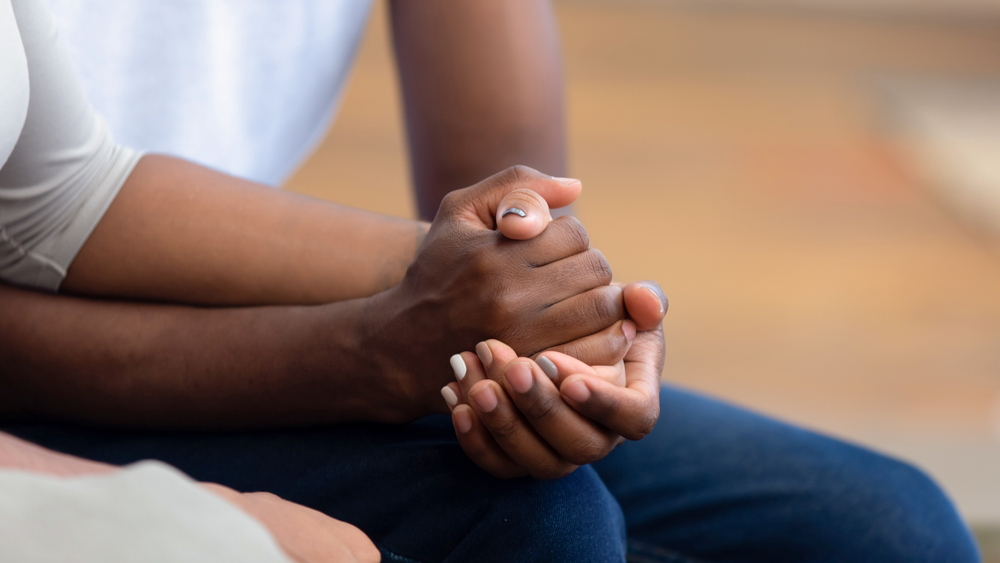Grief is a natural response to loss and upheaval in your life. Often, other complicated emotions can accompany the pain you feel, including shock, anger and disbelief. You may associate grieving with the death of someone close to your heart, but any significant life change can disrupt your physical and mental well-being, including the end of a friendship, a divorce or news of a loved one’s illness.
Whatever has caused your grief, you have no reason to be ashamed about your feelings. There is no “normal” or “right” way to grieve, but there are healthy ways to cope with the pain, come to terms with your new reality and eventually move on with your life.
Understanding the Grieving Process
Grieving is an intensely personal experience that takes time and patience. Healing must happen gradually, with no set timeline or steps to follow. While some people only need a few months to feel better, others take years. Whatever you’re experiencing, practice self-compassion and allow your emotions to unfold naturally.
Remember these tips for getting through grief.
- Trying to be stoic in the face of your pain or sweep it under the rug with unhealthy coping mechanisms like substance abuse will only make you feel worse in the long run. For genuine healing, it is essential to acknowledge your grief and actively deal with it.
- Sadness, anger and loneliness are all normal reactions to change. Wearing your heart on your sleeve doesn’t mean you are weak. Showing your true feelings can help your family and friends understand what you’re going through, so they can support you better.
- Moving on means you’ve accepted your loss – not that you’ve forgotten. You can retain the memory of someone or something you lost as an integral part of your identity and sense of self.
- Recognize the difference between grief and depression. Grief can trigger many different and unexpected emotions, but if you have lost the motivation to take good care of yourself, feel apathetic about previously enjoyable hobbies or have started thinking about taking your life, reach out to a therapist.
The Stages of Grief
In 1969, psychiatrist Elisabeth Kübler-Ross introduced the concept of five stages of grief, based on her studies of the feelings of patients facing terminal illnesses. Since then, many people have generalized them to other types of negative life changes, such as a job loss or breakup.
While emotions like denial and anger can be painful, it may help to know that your reaction is natural and that you’ll heal in time. However, not everyone experiences grief the same way, and that’s OK.
It’s a myth that you must work through all five of these stages to heal. Some people grieve without going through any of these stages. And if you do, you probably won’t move through them in a tidy, chronological progression, so don’t worry about what you “should” be feeling or which stage you’re “supposed to” be in. It may be more helpful to think of the grieving process like a roller coaster – full of twists, turns, highs and lows.
Learning to Manage Challenging Emotions
There’s no easy way to cope with powerful emotions like guilt, fear, sadness and disbelief, but turning to alcohol or drugs is never the answer. A worsening substance use disorder will cause a cascade of other issues in your life, including relationship and financial problems, which will eventually cause your life to spiral out of control.
At Hemet Valley Recovery Center & Sage Retreat, we offer a full continuum of care all in one place. As the Inland Empire’s only medical, hospital-based addiction treatment facility, we have developed specialty programs for people of all ages and backgrounds. To learn more about how to receive a plan tailored to your unique needs, contact us today.


